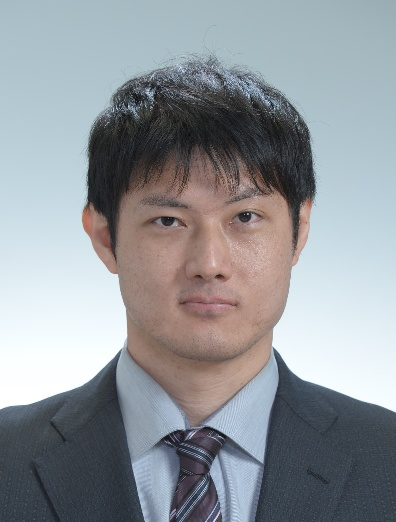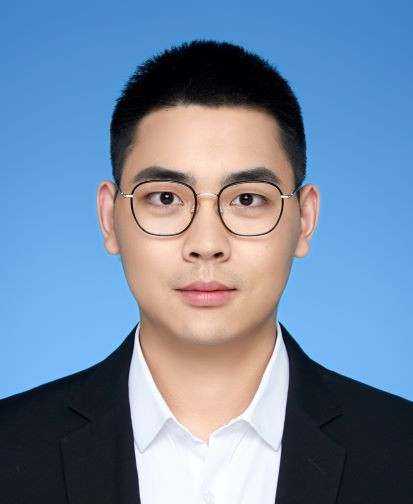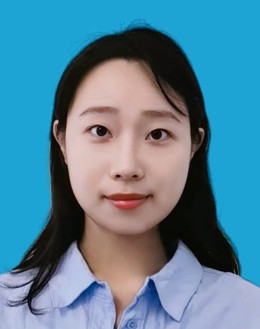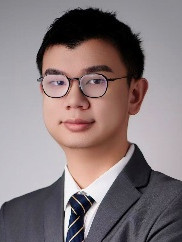Invited Speakers

|
Takahiro Umemoto, The University of Tokyo, Japan
|
||
Takahiro Umemoto received the B.S. and M.S. degrees in electrical engineering from Kyoto University in 2009 and 2011, respectively, and the Ph.D. degree in electrical engineering from The University of Tokyo in 2021. He joined Mitsubishi Electric Corporation in 2011, where he was engaged in research on electrical insulation and diagnostic technologies for high-voltage power apparatus, including power transformers, gas-insulated switchgear, turbine generators, and inverter-fed motors. In 2018, he was a visiting researcher at the University of Stuttgart, Germany, where he worked on the development and numerical modeling of partial discharge diagnostic techniques using the ultra-high-frequency (UHF) method for power transformers. Since 2023, he has been a Project Associate Professor in the University of Tokyo. His current research covers wide-ranging topics in high-voltage insulation and measurement science, including insulation design for electric-propulsion aircraft, development of polymer nanocomposites for next-generation power electronics, and data-driven diagnosis of partial discharge phenomena.

|
Yiyao Zhou, Xihua
University, China
|
||
Zhou Yiyao received the B.S. degree in Electrical Engineering from Chongqing University, in 2018, the M.S. degree in Electrical Engineering from Hefei University of Technology, in 2021, and the Ph.D. degree in Electrical Engineering from Chongqing University, in 2025. In 2023, he was a visiting researcher with the Politecnico di Torino, Italy. Since 2025, he has been a Lecturer with the School of Electrical Engineering and Electronic Information, Xihua University, and a Postdoctoral Researcher with Chongqing University. His research interests include DC distribution network optimization and industrial applications, flexible resource aggregation and control, voltage quality optimization in active distribution networks, and power system power flow analysis.

|
Xueshan Lin, Hebei University of Technology, China
|
||
Xueshan Lin (born in 1995.10) is a “Yuanguang” Scholar Hebeiat University of Technology and a Supervisor of Master’s Students. She received her Ph.D. degree from Southeast University. Her research focuses on the design of power market mechanisms, electricity–carbon market coupling, virtual power plants, demand response, and transmission and distribution network planning and pricing. She has published more than 10 SCI-indexed journal papers in IEEE Transactions on Power Systems, Applied Energy, Energy, and Journal of Energy Storage, among others, including a Top 1% ESI Highly Cited Paper. She has actively participated in major national and international academic conferences and serves as a reviewer for several well-known international journals. She has led multiple research projects, including technology projects on “adequacy market mechanisms for power systems with high penetrations of clean energy”, “flexible ramping mechanism evaluation and development strategies”, etc., and funding projects on “virtual power plant trading strategies and operational methodologies for zero-carbon industrial parks”, etc.

|
Yao Zou, Chongqing Normal University, China
|
||
Zou Yao is a Lecturer at the College of Electronic Information Engineering, Chongqing Normal University. He received his Ph.D. degree in Electrical Engineering from Chongqing University in 2024. His research interests include reinforcement learning and optimization methods for power systems, as well as the applications of advanced communication technologies in supporting power system energy management. He has published more than 20 SCI/EI-indexed papers as first author or co-author, holds three Chinese invention patents.
